Microsoft Azure Cloud Computing Grants
Microsoft Corporation has partnered with the Center for Data Science for Enterprise and Society and provided a generous gift of Azure Cloud Computing credits to Cornell faculty.
At this time this grant is no longer available, however Microsoft has committed $20M in Azure credits to the National Artificial Intelligence Research Resource (NAIRR) Pilot program. The call is open and rolling. To learn more about this program and to apply for credits visit: NAIRR Pilot – NAIRR Pilot Resource Requests to Advance AI Research
Microsoft Azure Cloud Computing Grant Recipients:

Brennan Antone
Center for Data Science for Enterprise & Society, Assistant Research Professor
This project compares methods for analyzing social network data collected from egocentric surveys of a larger population. It uses computational simulation to evaluate different methodologies for statistical inference with network data (e.g., ERGM). Cloud computing enables the comparison of many MCMCMLE models under various sampling schemes. This work will produce recommendations for collecting and analyzing social network data.

Ken Birman
Ann S. Bowers College of Computing and Information Science, Professor of Computer Science
Our effort is motivated by the goal of improving infrastructure support for delay-sensitive data-centric AI/ML. Cascade hosts AL and ML logic, and is able to reduce end-to-end latency to milliseconds while achieving throughput as high as today’s very best options. The performance gains trace to several innovations: Collocated data and user-provided computation in the same address space, deep RDMA support, and minimized locking on a zero-copy critical path.

Sara Bronin
Cornell School of Art, Architecture, and Planning, Professor of City and Regional Planning
The National Zoning Atlas (NZA) project, housed at the Cornell College of Architecture Art and Planning’s Legal Constructs Lab, is an ongoing effort to standardize and translate key aspects of zoning codes, display that information online, and make it available for a wide variety of educational and advocacy purposes. Credits will be used to set up and maintain the digital infrastructure of the NZA. A geospatially enabled database will be created, and associated support services for the deployment of the web application of the NZA will be hosted through a variety of Azure cloud services such as Azure Analysis services and Azure App Service.

Tanzeem Choudhury
Ann S. Bowers College of Computing and Information Science, Professor of Information Science
Developing machine learning modeling methods to create mental health digital biomarkers that are reliable across populations, time, and data types.

Will Cong
SC Johnson College of Business, Associate Professor of Finance and the Rudd Family Professor of Management
Developing AI models to help with high dimensional managerial decisions and learning large corporations’ management objectives.
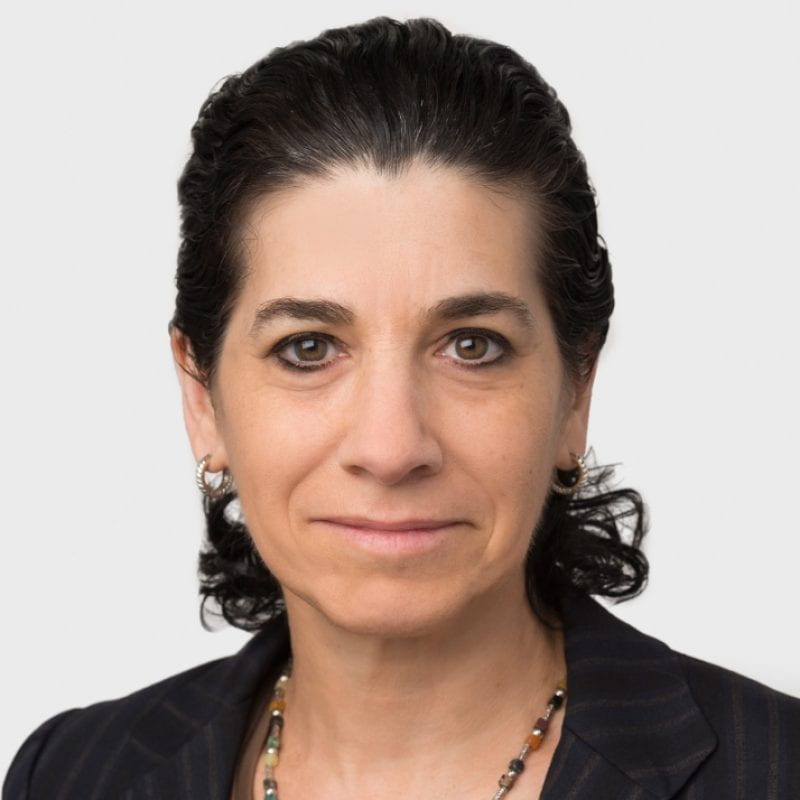
Deborah Estrin
Cornell Tech, Associate Dean for Impact and Robert V. Tishman ’37 Professor of Computer Science
We will explore the opportunities and challenges of implementing Extended Reality (XR) technologies to support the collaborative work between family caregivers and clinicians as they attend to the physical care needs of patients in the home setting. Our multidisciplinary approach integrates methods from Human-Computer Interaction (HCI) and Computer Graphics to lay the foundation for future research and development of diverse XR applications that could ultimately transform care at home.
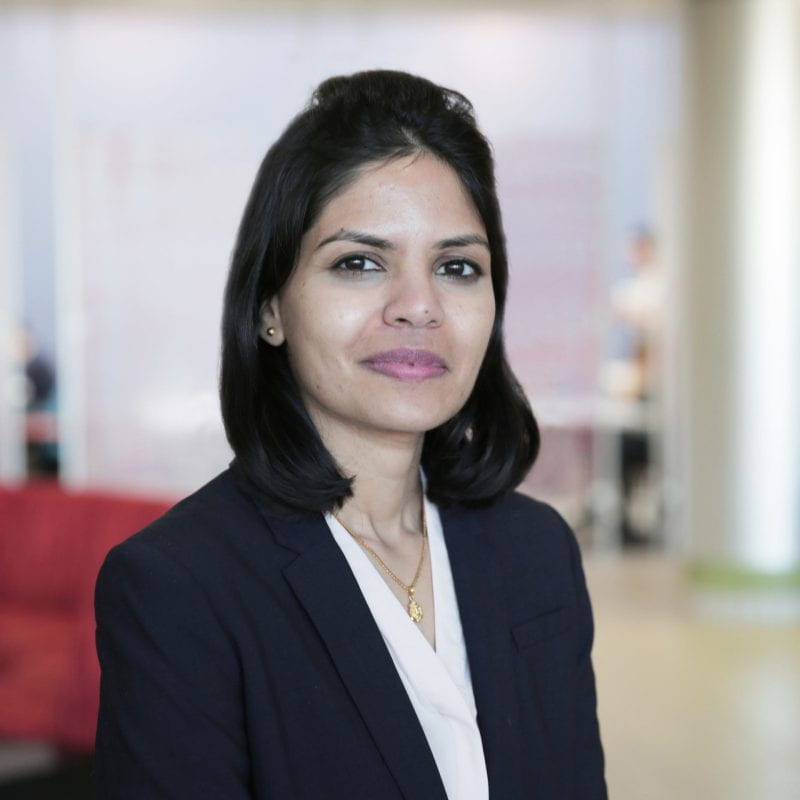
Greeshma Gadikota
College of Engineering, Croll Sesquicentennial Fellow and Assistant Professor of Civil and Environmental Engineering
The aim of the project is to develop molecular-scale predictive controls on engineered accelerated weathering of silicate minerals for capturing CO2 from air. This project is motivated by the need to develop negative emissions technologies in response to a rapidly changing climate. Molecular scale insights into the solvation behavior of CO2 and metals in silicate minerals inform the design of scalable engineered processes for carbon removal.
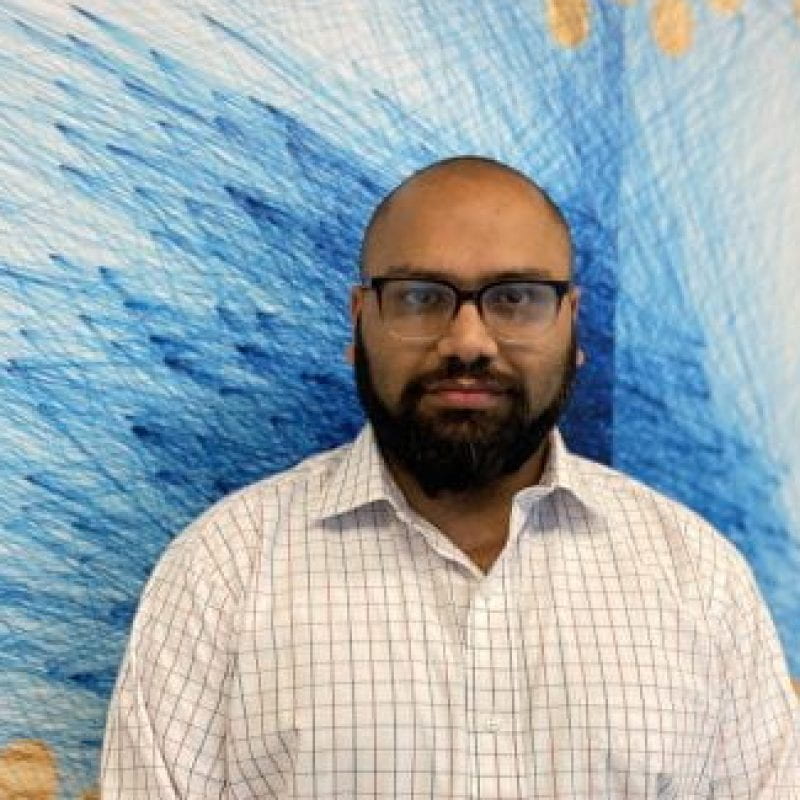
Sainyam Galhotra
Ann S. Bowers College of Computing and Information Science, Assistant Professor of Computer Science
The project plans to develop causal inference methods to aid the design of randomized control trials and experiments.

Nikhil Garg
Jacobs Technion-Cornell Institute at Cornell Tech, Assistant Professor of Operations Research and Information Engineering
We will create a simulation environment (mimicking AirBnb or Facebook Marketplace) in which multiple pricing algorithms compete with one another to sell goods to customers. Algorithms will price goods over time, receiving feedback and rewards based on sales – which depend on their prices, competitors’ prices, the customer choice model, and item and customer covariates. We will then host a pricing competition open to the research community to submit algorithms. The Azure credits will be used for virtual machines to host the competition. Unlike other common task challenges in which researchers can simply submit predictions on a test dataset, this competition requires running code submitted by the external public –potentially including reinforcement learning models.

Philipp Kircher
School of Industrial and Labor Relations, Department of Economics, Irving M. Ives Professor of Industrial and Labor Relations
We intend to use Large Language Models to extract and summarize relevant information from vacancies, so as to provide a better search experience for job seekers.
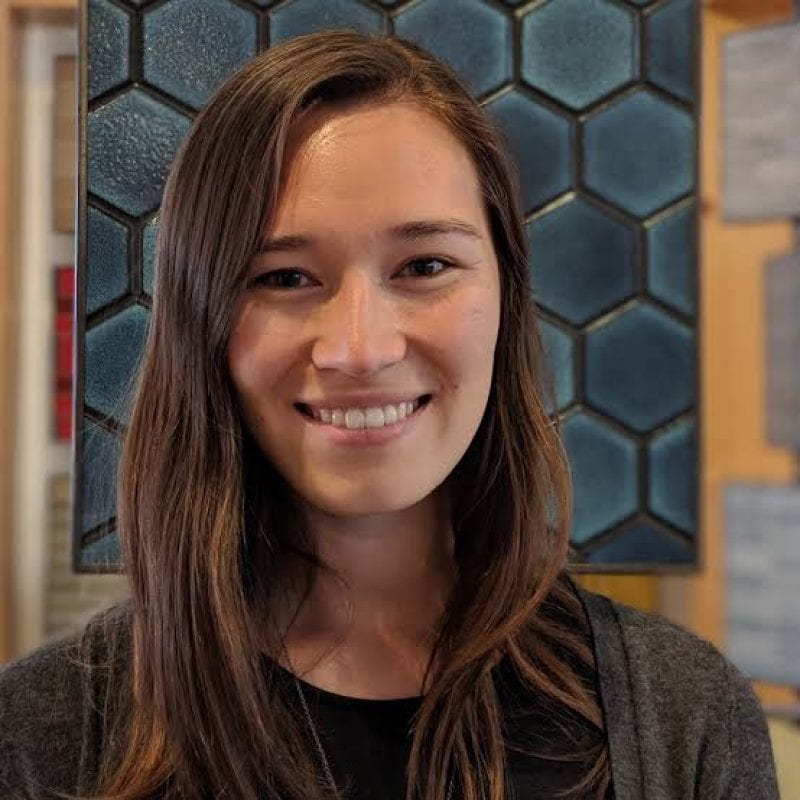
Allison Koenecke
Ann S. Bowers College of Computing and Information Science, Assistant Professor of Information Science
We audit the fairness of commercial speech-to-text technologies by comparing word error rates on Korean “standard” speech to five regional Korean dialects often spoken by underserved populations in rural Korea.

Andrea Lodi
School of Operations Research and Information Engineering, Cornell Tech, Andrew H. and Ann R. Tisch Professor
Our research aligns with the Cornell Data Science Center’s vision of harnessing data to better understand the world around us and improve our systems. By studying performance variability of MIP solvers, we
aspire to contribute meaningfully to fields like healthcare and resource management. With the Center’s support in terms of funding, we are confident to make groundbreaking advancements in this area of research.
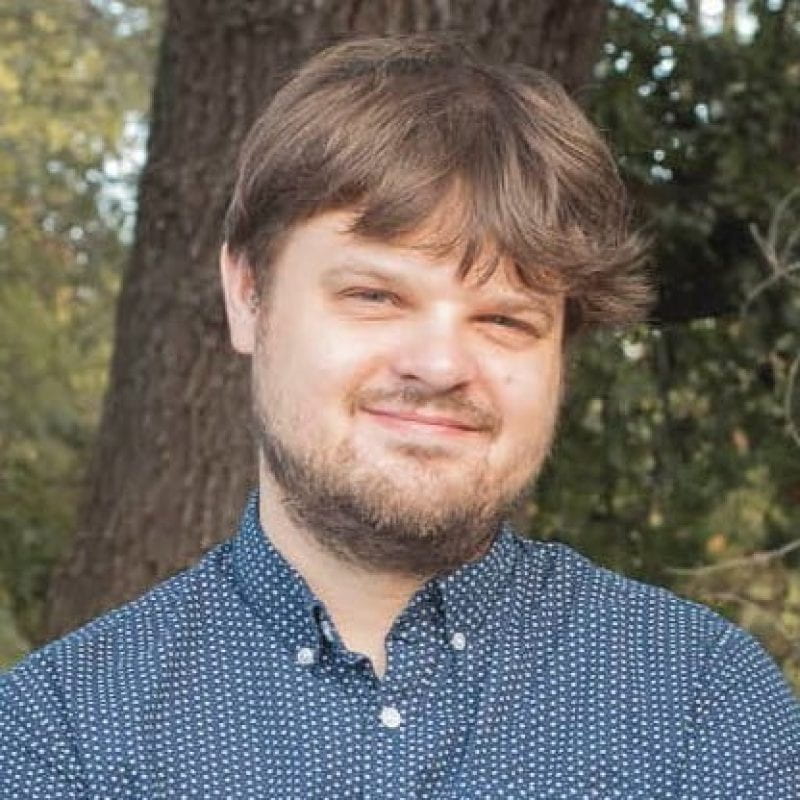
Aleksandr Michuda
Center for Data Science for Enterprise and Society, Assistant Research Professor
Using OpenAI to extract information from Indian matrimonial ads. Our project explores how US visa policies affect female labor force participation through changes in marriage choice.

Samitha Samaranayake
School of Engineering, Civil and Environmental Engineering, Associate Professor
We aim to enhance the efficiency of microtransit operations by developing behavior-aware and non-myopic passenger-vehicle matching algorithms. Our approach integrates discrete optimization, discrete choice modeling, and deep reinforcement learning.
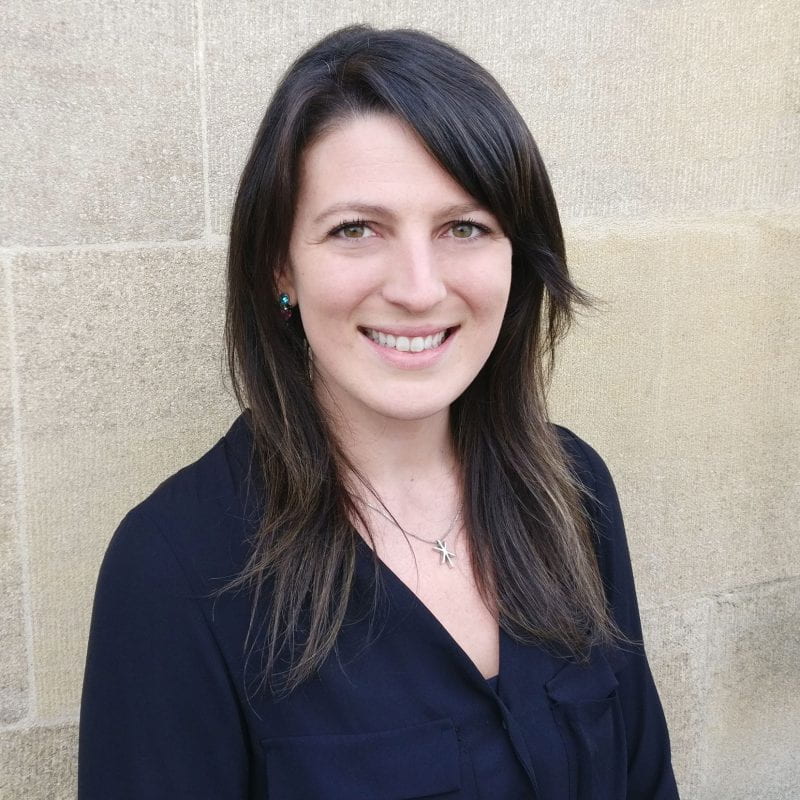
Daniela Scur
Dyson School of Applied Economics and Management, Assistant Professor
We will use administrative data to document the historical distributional impact of “day to day floods” in the Brazilian labor market as a benchmark, and match this with new data we will compile from municipal daily gazettes on “emergency status” declarations, prior investments and subsequent expenditures on flood preparedness and response.

Rachee Singh
Ann S. Bowers College of Computing and Information Science, Assistant Professor of Computer Science
We will use the empirical characterization of GPU interconnects to inform the design of algorithms for collective communication which are crucial in achieving efficient distributed ML training.

Kevin Tang
College of Engineering, Professor of Electrical and Computer Engineering
Determining the right data to pass around in Edge Cloud assisted IoT (Internet of Things) applications with the goal of automatically generating task-specific inexpensive representations of environment sensory data that can enhance the performance of downstream controllers.

Felix Thoemmes
College of Human Ecology, Associate Professor of Psychology
The aim of this project is to evaluate the use of instrumental variables in recovering parameter estimates in the presence of data that is not missing at random. In addition to the theoretical work we are doing, we will run large-scale simulation studies to study the effectiveness of our proposed method for a variety of missing data patterns.

Lars Vilhuber
The College of Arts and Sciences, Department of Economics, Director of Labor Dynamics Institute and Data Editor, American Economic Association
Developing a cloud-based human-mediated scalable workflow to streamline the computational reproducibility checks of 100s of social science articles when data cannot be machine-acquired.

Matthew Wilkens
Ann S. Bowers College of Computing and Information Science, Associate Professor of Information Science
Co-PI Federica Bologna, PhD student, and I seek to evaluate AI responses to endometriosis-specific patient questions. This research will provide the basis for practical recommendations to help patients and doctors use these models safely and effectively. It will also develop new methods for the reliable evaluation of generative model outputs.

Manxi Wu
School of Engineering, Operations Research and Information Engineering, Assistant Professor
This project seeks to develop a data-driven framework to tackle the operational challenges of electric
robo-taxi services. Our proposed methods include developing a deep reinforcement learning framework
for fleet control, optimization-based methods for charging facility placements, and simulation tools to
evaluate the fleet management in adversarial scenarios.
alyses.
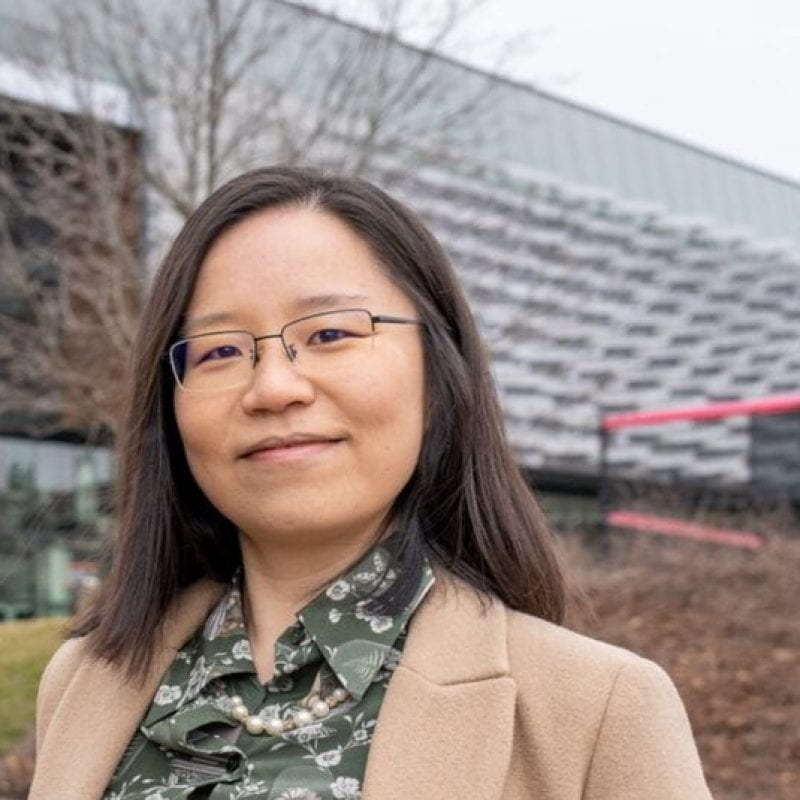
Qian Yang
Ann S. Bowers College of Computing and Information Science, Assistant Professor of Information Science
Developing novel methods and tools for interactive Natural Language Generation (NLG) application design.

Fengqi You
College of Engineering, Roxanne E. and Michael J. Zak Professor in Energy Systems Engineering
We will use the granted resources to develop a novel framework that uses quantum computing-based techniques for molecular property estimation and computer-aided molecular design (CAMD) for agrochemical and/or pharmaceutical applications

Zhiru Zang
College of Engineering, Associate Professor of Electrical and Computer Engineering
This project investigates efficient machine learning techniques to improve the accuracy of genotype imputation, a key technique for genome-wide association studies, which has recently been used to identify potential risk loci contributing to the COVID-19 mortality.
Co PI’s:
Robert Van Renesse
Ann S. Bowers College of Computing and Information Science, Professor of Computer Science
Lorenzo Alvisi
Ann S. Bowers College of Computing and Information Science, Tisch University Professor of Computer Science
Ziplog is a new approach to building fault tolerant totally ordered logs. Using RDMA and sharding, Ziplog achieves essentially unlimited throughput at tail latencies below 100 microseconds.
Co-PI’s: Julio Giordano, Ken Birman
Julio Giordano
College of Agriculture and Life Sciences, Professor of Animal Science
Ken Birman
Ann S. Bowers College of Computing and Information Science, N. Rama Rao Professor of Computer Science

